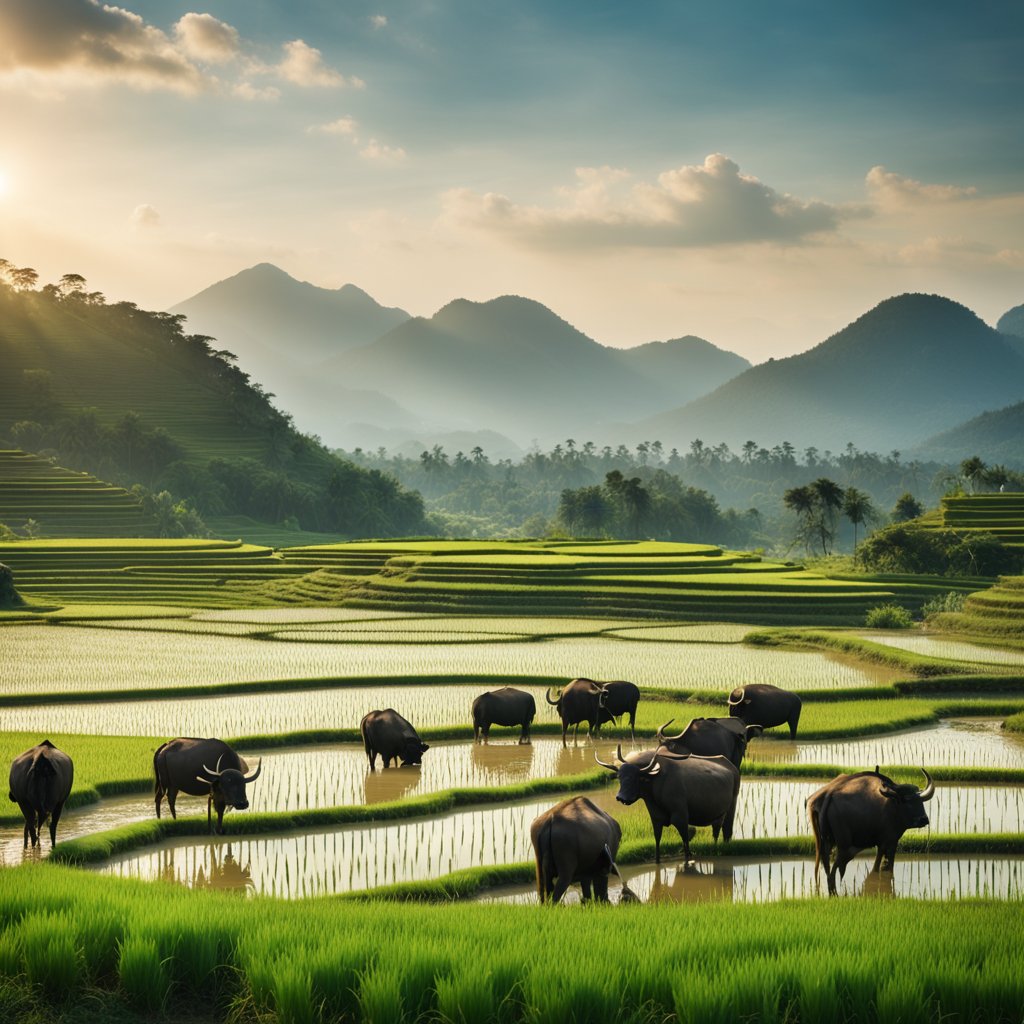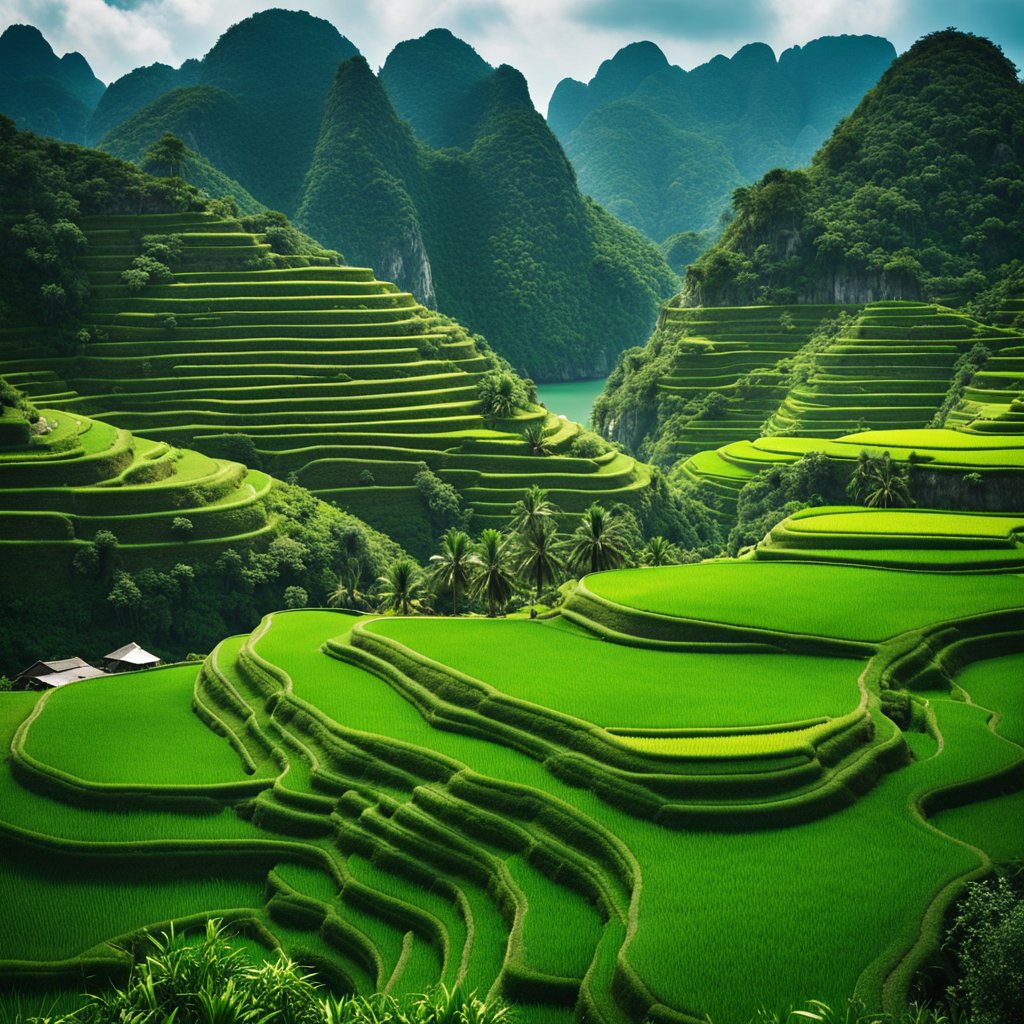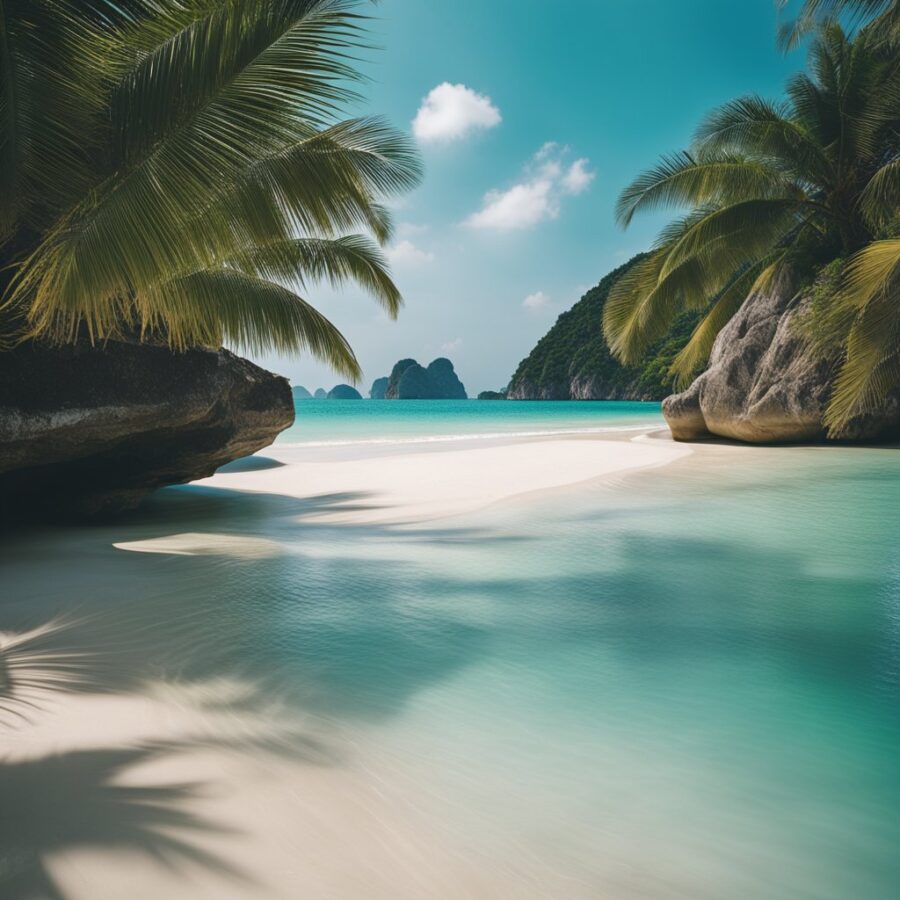Vietnam, a vibrant country in Southeast Asia, is a mosaic of colorful cultures, natural beauty, and historical significance. From the bustling streets of Hanoi to the tranquil waters of Ha Long Bay, there is an abundance of experiences waiting for travelers. Here is a guide to some of the best activities and sights to enjoy in Vietnam.
Discover the Charm of Hanoi
Hanoi, the capital city, is a must-visit with its blend of French colonial architecture, ancient temples, and modern developments. Start your day with a traditional Vietnamese coffee at one of the many street-side cafés. Visit the Hoan Kiem Lake in the early morning to watch or join in on Tai Chi exercises. Don’t miss the Old Quarter, where you can wander through narrow streets filled with shops, food stalls, and buzzing motorbikes.

Cruise Along Ha Long Bay
A UNESCO World Heritage site, Ha Long Bay is famous for its emerald waters and thousands of towering limestone islands topped with rainforests. Opt for a cruise and spend a night or two on the bay. You can explore caves, go kayaking, or simply relax on the deck and watch the stunning scenery pass by.
Trek Through Sapa
For the more adventurous, Sapa in the northern region offers breathtaking treks through rice terraces, with the Hoang Lien Son mountain range as the backdrop. Visit local villages and learn about the diverse ethnic groups that call this region home. The best time to visit is from March to May or between September and November when the weather is pleasant, and the rice terraces are most vibrant.
Relax in Hoi An
Hoi An is a beautifully preserved ancient town that reflects the diverse influences of the many traders from various cultures who used to pass through here. The town is famous for its lantern-lit streets at night and its colorful shophouses. Take a leisurely bike ride in the countryside, enjoy the beaches, or get a tailor-made suit or dress from one of the many talented tailors.

Explore the Tunnels of Cu Chi
Located near Ho Chi Minh City, the Cu Chi tunnels are an extensive network of underground tunnels that played a crucial role during the Vietnam War. Visitors can crawl through some of the safer parts of the tunnel system and learn about the ingenuity of the Viet Cong.
Experience the Mekong Delta
The Mekong Delta is a rich and lush area, where the mighty Mekong River approaches and empties into the sea. It’s a water-world where boats, houses, and markets float upon the numerous rivers, canals, and streams that traverse the landscape. A boat tour can take you to see the floating markets, traditional candy factories, and lush orchards.
Indulge in Vietnamese Cuisine
Vietnamese cuisine is fresh, flavorful, and healthy. Take a street food tour to sample local dishes like pho (noodle soup), banh mi (sandwich), and goi cuon (spring rolls). Cooking classes are also popular among tourists, providing a deeper understanding of the ingredients and techniques used in Vietnamese cooking.
Visit the Imperial City of Hue
Once the capital of Vietnam, Hue is home to the ruins of the Imperial City, a vast complex of palaces, temples, walls, and gates. A boat trip on the Perfume River to visit the Thien Mu Pagoda and the royal tombs is a serene experience.
Enjoy the Nightlife of Ho Chi Minh City
Formerly known as Saigon, Ho Chi Minh City is the business and financial hub of Vietnam. The city has a dynamic energy that is especially palpable at night. Rooftop bars offer stunning city views, while night markets and street food stalls provide endless entertainment and snacking options.
Visit the Sand Dunes of Mui Ne
Mui Ne is not only a beach resort town but also famous for its enormous red and white sand dunes. The dunes offer visitors a desert-like experience in Southeast Asia. You can try sandboarding or simply enjoy the unique landscape, especially during sunrise or sunset.
Tips for Travelers
- Visa Requirements: Check the visa requirements for your country. Many travelers can get a visa on arrival or an e-visa online before traveling.
- Currency: The Vietnamese Dong (VND) is the local currency, and it’s advisable to have cash on hand, especially in rural areas.
- Language: While Vietnamese is the official language, English is widely spoken in tourist areas.
- Transport: Domestic flights are an efficient way to travel long distances. For shorter routes, consider trains, buses, or even renting a motorbike for the more adventurous.
- Respect Local Customs: When visiting temples or rural communities, dress modestly and be respectful of local traditions and customs.
Conclusion
Vietnam is a country that can cater to a wide range of interests and tastes, from the foodie to the history buff, the nature lover to the shopaholic. It offers an array of experiences that are both diverse and unique. Whether you’re navigating the urban chaos of its cities or the serene landscapes of its countryside, Vietnam promises an adventure that is both enriching and unforgettable.
